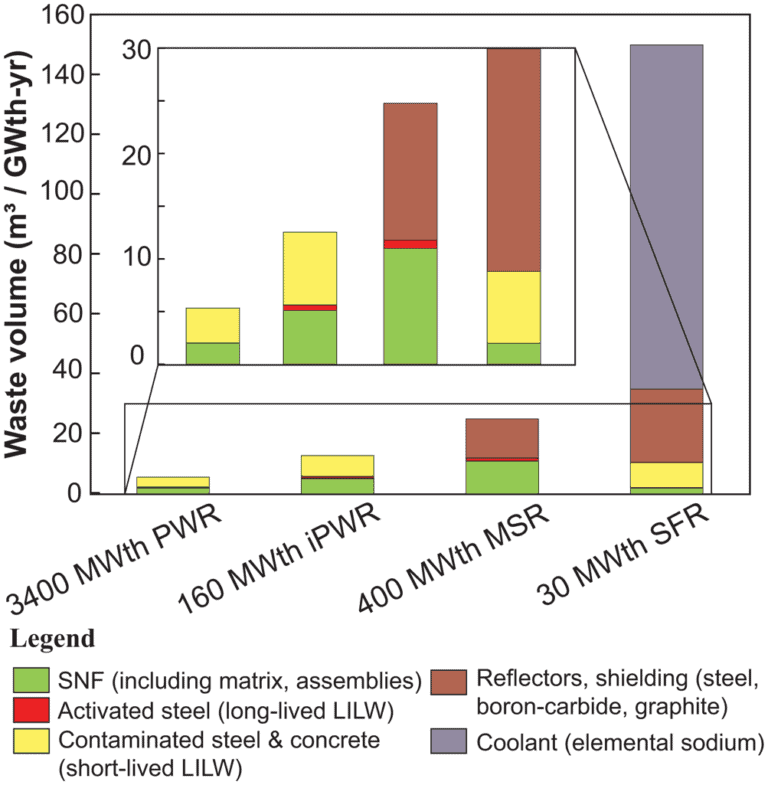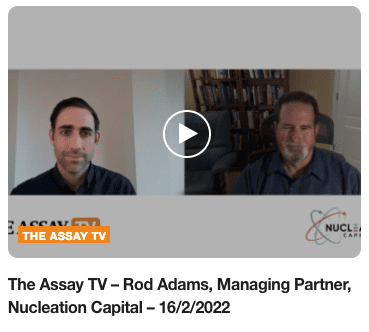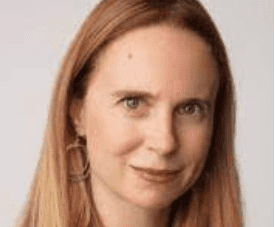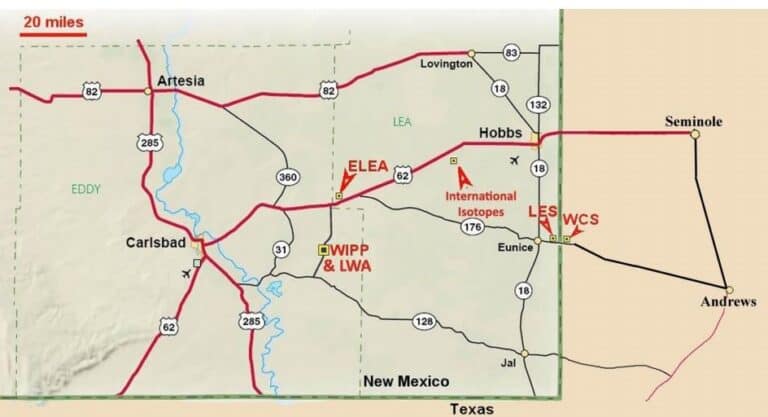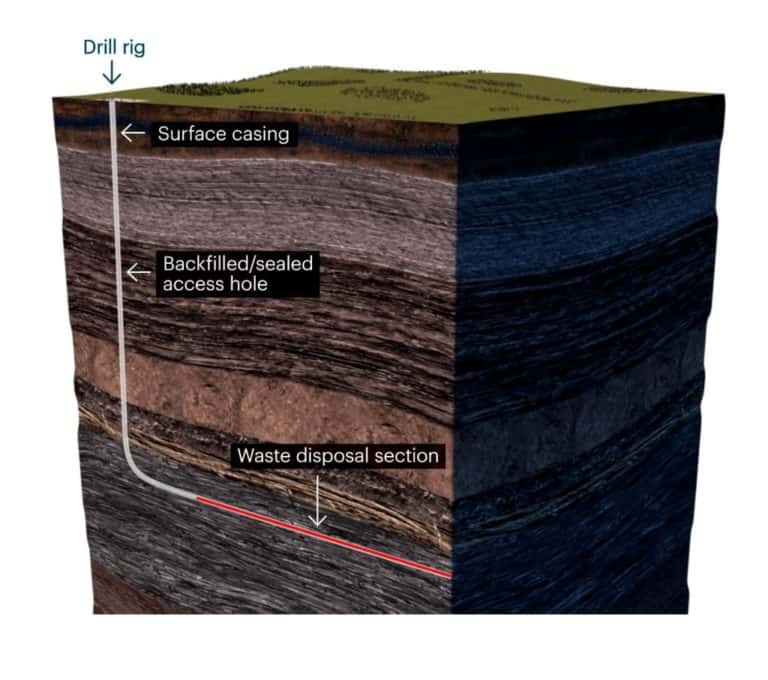Atomic Show #300 – Dr. Lindsay Krall, “Nuclear Waste from Small Modular Reactors”
Dr. Lindsay Krall is a geochemist currently working on projects characterizing the behavior of radioactive isotopes that will eventually be stored in a deep geologic repository being designed in Sweden for construction within the next decade. During a three year post doctoral period she worked under a MacArthur Foundation grant program to study the projected…

